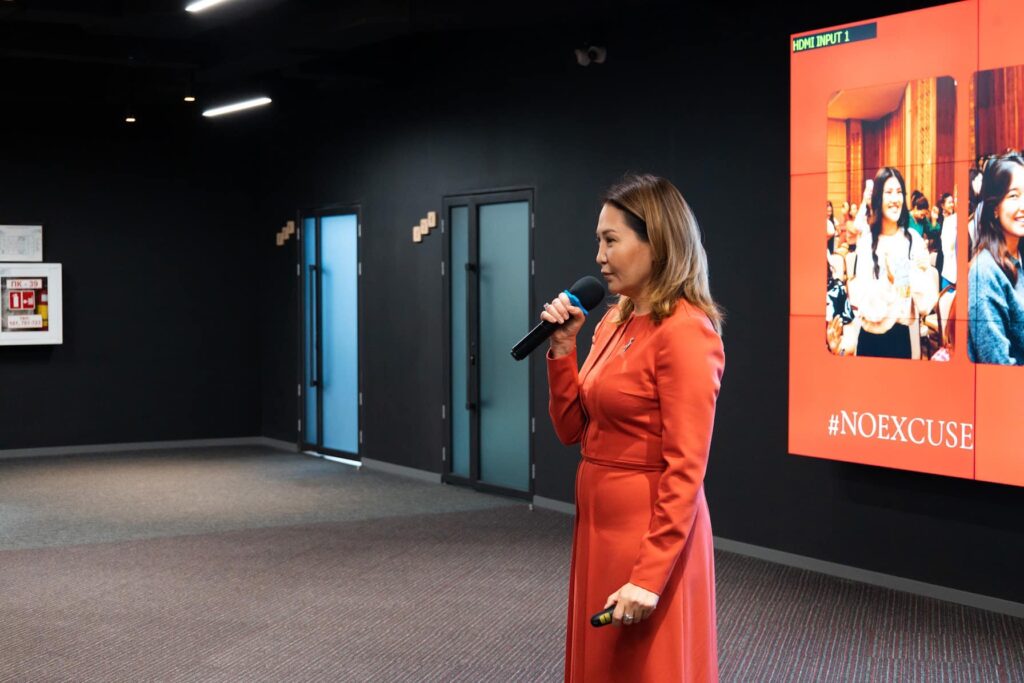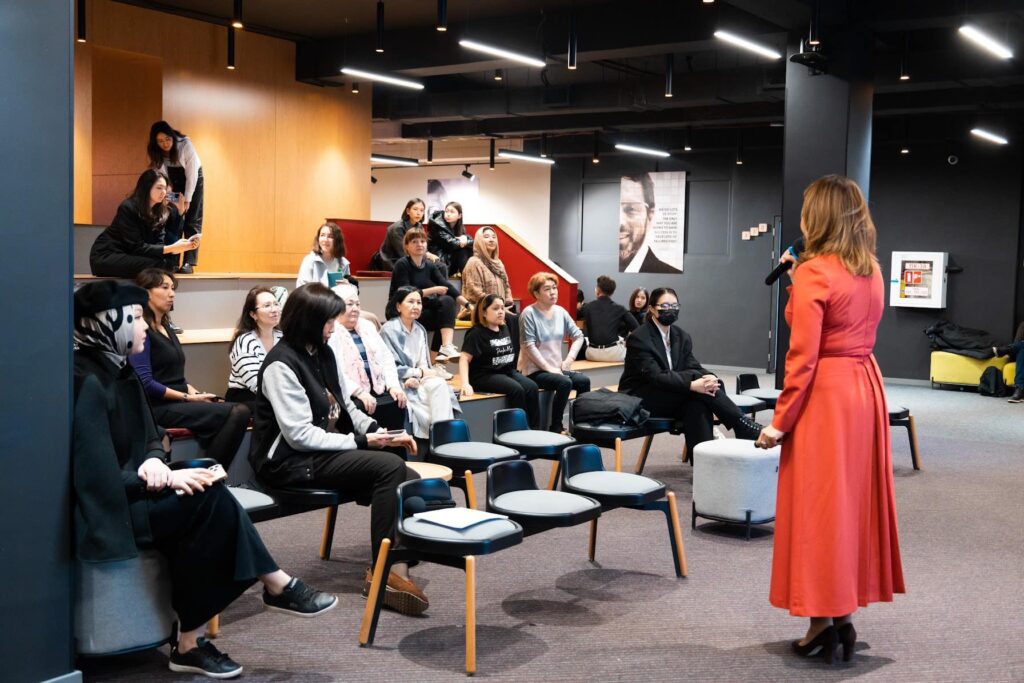First of all the Civil society is people, people who care of a country and what’s going on with it. Those people are patriots who wish to contribute for everybody’s better life.
A role of a family, kindergarten, secondary schools and universities is fundamental, when it comes to the Civil Society’s formation. Everything starts in the family when we parents, grandparents influence our kids with said words and done actions. A child starts to lie because we show in our everyday life that it is ok to do so. For example, when our land line is ringing we ask a kid to answer and tell that we are not at home showing that it is allowed to lie, sometimes. We say not to use a cell phone but can’t leave it ourselves.
What’s next, kindergarten where we give presents to tutors meaning they would take better care of our child and kids realize that it is possible to solve all issues through material gifts. In a secondary school some pupils start cheating and it is ok when grading is going on and kids understand that teachers have favourable students or it might be their parents’ social status or gifts that helped with studies.
Classmates usually influence a behavior of children so that they smoke, use inappropriate words and so on. Thus, a certain behavioral coolness among students is determined.
During preparation for the UNT testing, there are cases when teachers teach children to write cheat sheets, hide phones to get high results. In universities, in addition to above mentioned, students are often involved as accomplices of deception (cheating, buying essays, theses and plagiarism). In addition, there are cases when they themselves engage in corrupt activities, bribing teachers and staff for good grades. In such cases, trained to be deceitful, unqualified students are fill jobs in accordance with their specialties.
Damir Shynybekov, the rector of the International University of Information Technologies says: We all know that dynamic changes are taking place in the modern World, which also affect the sphere of education. Along with the modernization of education in the states, there is a growing awareness of the role of the Civil Society in this process. For example, such characteristics of the Civil Society as humanization of social relations, promotion of democratic values, achievement of social unity both at the level of individual regions and countries depend on a successful implementation of continuous education strategy (lifelong learning) from kindergarten to university on a global level.
Full version of the article you can find following the link.







